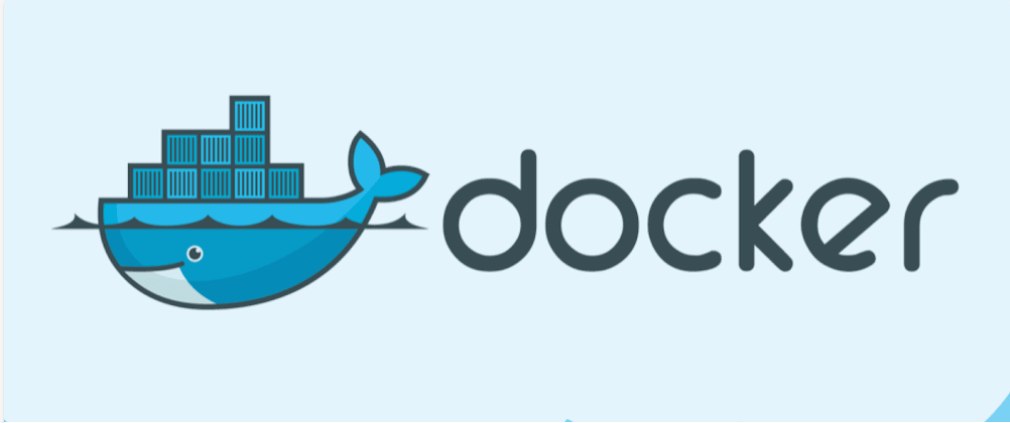Day 7: Package Management - Docker Advanced
 muhammad zubair
muhammad zubair
📁 Volumes
In the world of Docker, managing data persistence across containers is a puzzle we all face. Docker volumes offer a solution by allowing us to store and handle data externally. Here's how you can dive into the realm of Docker volumes:
List Docker volumes:
docker volume lsCreate a volume with customized options:
docker volume create --name django-app-volume --opt type=none --opt device=/home/ubuntu/django-app/volumes/django-app-volume --opt o=bind
📂 Mounting Volumes:
After crafting your volume, the next step is to mount it within containers. This empowers your applications with seamless data sharing and persistence. Here's how to go about it:
Identify the volume ID, like
c1cb9e66374b.Launch a container with the volume mounted:
docker run -d --mount source=django-app-volume,target=/data -p 8000:8000 django-app:latestExecute commands within the container:
docker exec -it 557628d790c6 bash
🚀 Compose for Multi-Container Applications
As our projects grow in complexity, managing individual containers becomes a juggling act. Docker Compose comes to the rescue, enabling you to wrangle multi-container applications effortlessly, particularly in a microservices architecture:
Docker Compose Essentials:
Docker Compose masters multiple containers.
It's the key to harmonizing microservices.
Unveiling the Docker Compose Pattern:
Version: '3' Services: Backend: Build: Context: Port: 5000:5000 Mysql: Image: mysql:5.7 Volume:mysql-data:/
🔄 Unified Actions with Docker Compose
Ah, the power of one-click actions! Docker Compose orchestrates tasks across containers, simplifying your life with every click. Let's create our symphony of commands:
A configuration file in YAML is your ticket.
YAML stands for "Yet Another Markup Language."
A sneak peek at a YAML structure:
yaml Key: Value Name: Zubair Hobbies: Personal: - Teaching - Workout Professional: - Coding - Documentation
🔧 Multi-Stage Docker Builds
Crafting the ideal Docker images for production often involves a dance of multi-stage builds. These streamlined maneuvers yield efficient, compact images while maintaining an organized building process. Unveil the magic of multi-stage builds:
Behold, the Multi-Stage Dockerfile:
DockerfileCopy code# Stage 1 FROM python:3.9 AS big-stage WORKDIR app COPY . . # Stage 2 FROM python:3.9-slim-bullseye COPY --from=big-stage /app /app RUN pip install flask CMD ["python", "app.py"]
🚀 Pushing Images to Docker Hub
Sharing is caring, especially in the world of Docker images. Docker Hub is your go-to stage for showcasing and disseminating these images. Let's take your images to the world:
Initiate a graceful entrance into Docker Hub:
docker loginGive your image the spotlight it deserves:
docker image tag multi-flask-app:latest muhammadzubair220/multi-flask-app:latestRaise the curtains and push your image:
docker push muhammadzubair220/multi-flask-app:latest
🌟 In Conclusion
Docker is a universe of possibilities, and understanding its key concepts is your spaceship to smoother development. From volumes that defy data limitations to orchestration with Docker Compose and the art of efficient builds, you're now equipped to conquer containerized challenges with confidence.
📚 Keep Learning
Connect with me on LinkedIn to stay updated on the latest tech adventures: Muhammad Zubair
Subscribe to my newsletter
Read articles from muhammad zubair directly inside your inbox. Subscribe to the newsletter, and don't miss out.
Written by

muhammad zubair
muhammad zubair
I am a Cybersecurity and Cloud Engineer with over 4 years of experience helping businesses improve their security posture and optimize their cloud infrastructure. I have expertise in AWS, Azure, VMware, Veeam, and Kubernetes, and I am passionate about using my skills to help companies achieve their goals.